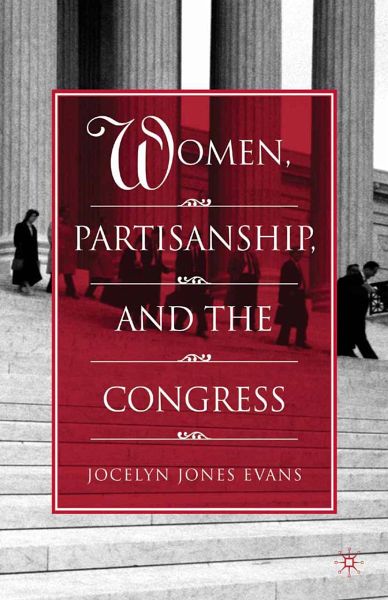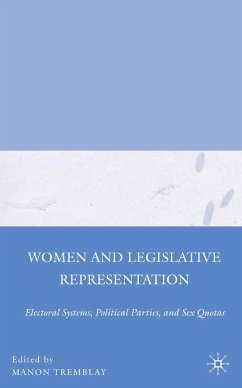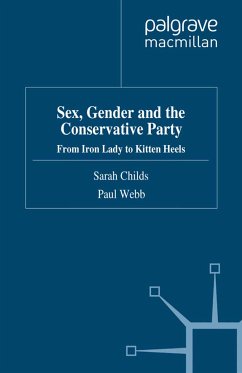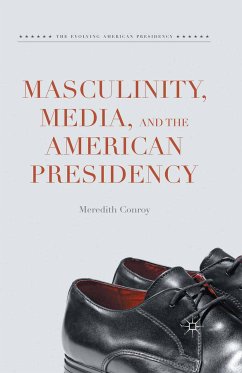
Women, Partisanship, and the Congress (eBook, PDF)
Versandkostenfrei!
Sofort per Download lieferbar
40,95 €
inkl. MwSt.
Weitere Ausgaben:

PAYBACK Punkte
20 °P sammeln!
As women increasingly play a role and gain even greater prominence in congressional politics, they need to navigate the at times conflicting demands of loyalty to party culture, responsiveness to party leadership, political goals, and the need to get re-elected. Based on extensive interviews and historically informed, this book examines differences between Republican and Democratic political cultures, how these differences affect women members of congress as they pursue agendas and seek to bolster their electability, and the effectiveness of women within an institution traditionally dominated ...
As women increasingly play a role and gain even greater prominence in congressional politics, they need to navigate the at times conflicting demands of loyalty to party culture, responsiveness to party leadership, political goals, and the need to get re-elected. Based on extensive interviews and historically informed, this book examines differences between Republican and Democratic political cultures, how these differences affect women members of congress as they pursue agendas and seek to bolster their electability, and the effectiveness of women within an institution traditionally dominated by men.
Dieser Download kann aus rechtlichen Gründen nur mit Rechnungsadresse in A, B, BG, CY, CZ, D, DK, EW, E, FIN, F, GR, HR, H, IRL, I, LT, L, LR, M, NL, PL, P, R, S, SLO, SK ausgeliefert werden.












